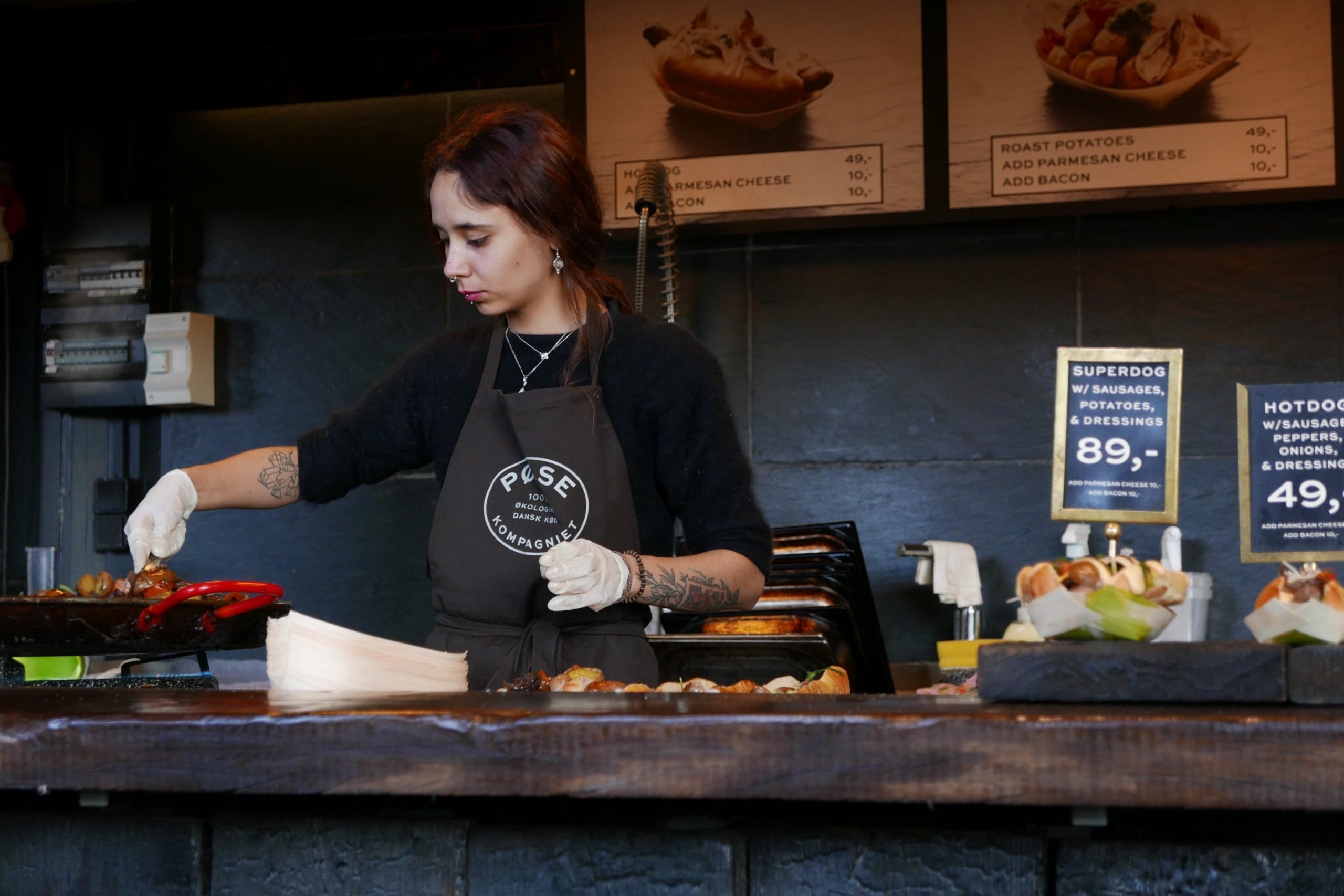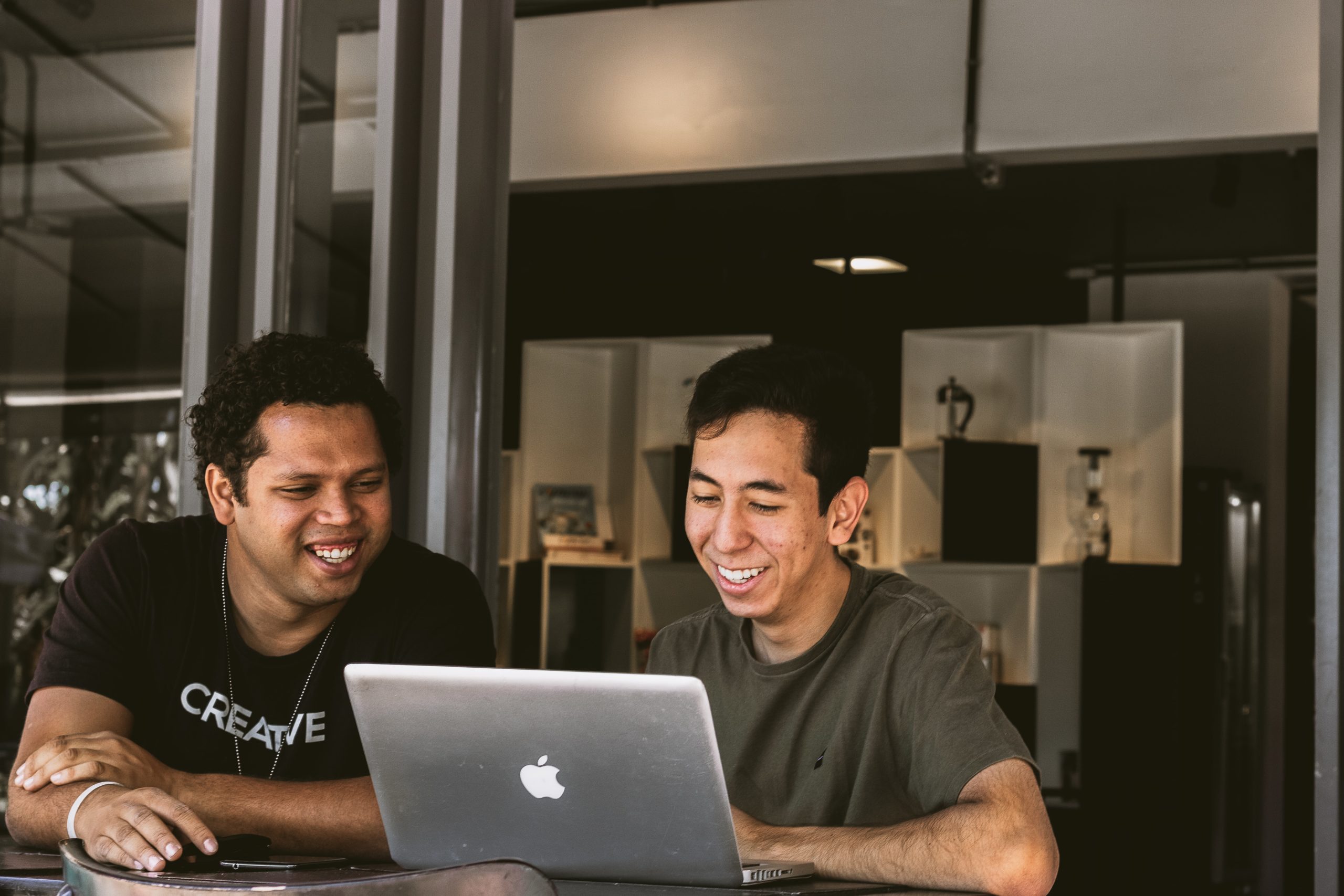Key learnings
- Explore the connection between employment and long-term financial independence for survivors.
- Find out about current employability initiatives.
- Understand what impacts can be made.
Employment and long-term financial independence
A lack of a stable income and reliance on benefits or asylum support have been identified as factors that prevented survivors from being able to budget, save or develop basic financial independence. For survivors who have the right to work, employment can provide wide-ranging, positive impacts.
These include:
- Giving survivors a sense of purpose and belonging.
- Providing a pathway out of poverty.
- Contributing towards their reintegration into society.
- Providing a means to support their families and manage bills.
- Helping to prevent re-exploitation.
- Improving communication and language skills.
- Removing the stigma attached to survivor status and capability.
- Allowing freedom to make their own financial choices and take control of their future.
Exploring employability initiatives
Current initiatives exist across a range of sectors, from direct access to employment opportunities for survivors, for those who are ready to work and have the right to work, to skills-based training, work placements and taster days/ trials.
Research conducted across six survivor support organisations in the U.K. has suggested that over 75% of the survivors supported are in a strong position to enter re-employment, with half requiring employment-related support. However, our research has not identified any initiatives among U.K. or U.S. financial institutions which support survivors to develop their employability skills or gain access to work.
To support survivors, the following options are worth exploring:
- Providing direct access to employment opportunities (for those who are ready to work and have the right to work).
- Offering work experience programmes and taster days/ trials (voluntary, paid and leading to a job).
- Facilitating mentoring and coaching programmes.
- Introducing digital skills courses.
- Providing in-person employability training, including practical sessions (English lessons, CV writing, assisted job searchers and more).
(Source: Rights Lab)
Creating an impact through employability support
Despite current legal barriers which limit a survivor’s access to employment, financial institutions and survivor support organisations have a responsibility to help prepare and upskill survivors to be “work ready,” building the skills and confidence to enter the workplace when they can.
Below are three areas where banks can help to create an impact by providing employability support for survivors.
1. Work experience programmes
Offering work experience programmes to survivors of modern slavery can help survivors to build confidence and independence. Survivors can also build a CV and overcome employment gaps, helping to reduce challenging and traumatic questions when applying for a job.
Many financial institutions already offer work experience programmes for young people, which could act as a foundation for extended programmes supporting other vulnerable customers.
2. Mentoring and coaching programmes
Another avenue worth exploring is offering in-person and/or online mentoring and coaching sessions to help equip survivors with practical skills to enter the workplace. Delivering these in a trauma-informed way and covering key employability skills such as CV writing and navigating a job application will be beneficial.
Financial institutions can also signpost existing survivor mentoring schemes for employees to take part in.
3. Digital employability skills courses
Support can be provided by extending online financial literacy resources to include employability skills. Barclays LifeSkills and Lloyds Bank Academy offer extensive adult-learning modules, providing digital courses on topics such as CV writing and interview skills. Individuals can choose the topics best suited to their needs, and delivery is short and flexible.
Legal challenges
Pathways forward would include U.S. regulations waiving the criminal records of survivors who have committed crimes whilst being a victim of human trafficking while in the UK, legislation would allow survivors who are not U.K. nationals and do not have a form of leave/right to remain in the UK to gain employment.
(Source: Rights Lab)
Survivor support organisations offering employment support
Numerous survivor support organisations focus on supporting survivors to access employment once their urgent needs have been met, including employability support and education. Financial institutions can support initiatives like this by providing funding and volunteers or partnering to offer wider non-financial support.
Sophie Hayes Foundation
In this spotlight video, we spoke with Red Godfrey Sagoo, CEO of the Sophie Hayes Foundation, about how financial institutions can empower survivors through education and employment.
The Sophie Hayes Foundation is a UK charity with a 12-month programme, providing access to workshops, 1-on-1 training, coaching sessions, work placements and formal education. Their PartnerUp initiative requires an organisation to sign up to become a local hero, hero, champion or legend, supporting survivors through fundraising initiatives or direct support, such as internships or work experiences programmes.
“Because of what I have been through in life, I felt I could not do anything to help in the community or worldwide. Now that I know my purpose in life, I feel like I am starting to live a new life altogether.”
Survivor, Sophie Hayes Foundation
The Bright Future Programme
The most well-known survivor employment initiative is the award-winning Bright Future Partnership Programme, developed by City Hearts alongside the Co-op in 2017. Since 2017, the programme has supported 66 survivors to complete work placements, 47 of which were offered permanent employment with a business partner.
It has an industry-leading 58% success rate and is globally recognised as a best practice business-charity collaboration, helping to combat modern slavery. Bright Future now has over 50 business and charity partners.
“I love working with the general public, it has given me a lovely boost of energy. This placement has been so important to me because I’m no longer sitting all day in the house which was bad for my mental health.”
Bright Future survivor participant
AnnieCannons
AnnieCannons is a pioneering initiative working to empower US survivors of human trafficking and gender-based violence to become software engineers. They provide an extensive curriculum for survivors leading to paid employment opportunities to develop web applications, mobile apps and websites for organisations. Tailored support for survivors is provided to address their and their family’s needs, including on-site child care, counselling services, and opportunities for remote work.
“Learning to code with AnnieCannons has enabled me to realize that all of the strength and abilities needed are already within me to accomplish my goals and expand my dreams.”
Survivor, AnnieCannons
Summary: Important guidance
- Provide coaching and skills-based employability sessions giving guidance on practical skills such as CV and cover letter writing, helping to ensure survivors are “work ready.”
- Support survivors by signposting access to online financial literacy resources which focus on employability skills.
- Explore the development of a work experience or apprenticeship programme for survivors. Incorporate a trauma-informed pathway within existing initiatives.









